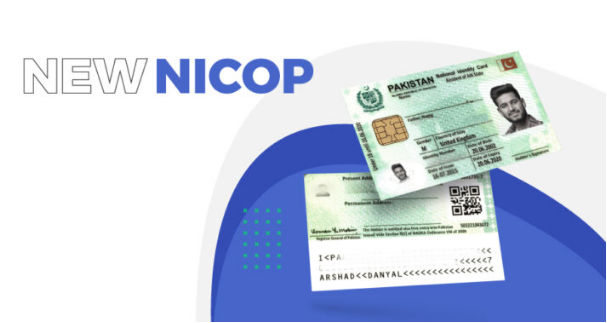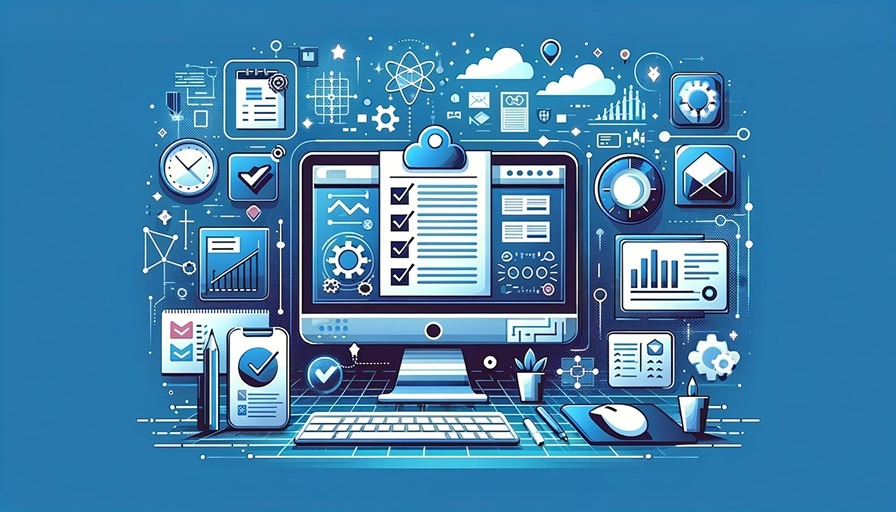Introduction
The integration of Artificial Intelligence (AI) in Human Resources (HR) management brings unprecedented efficiency and insights. However, this technological advancement also raises ethical considerations that demand careful examination. This article delves into the ethical implications of using AI in HR management, exploring concerns, best practices, and the importance of balancing technological innovation with ethical considerations.
Automated Recruitment and Bias
AI-powered recruitment tools promise to streamline the hiring process by analyzing vast datasets to identify suitable candidates. However, these algorithms can inadvertently perpetuate biases present in historical data, leading to discriminatory outcomes. It’s crucial for organizations to address and mitigate these biases to ensure fair and equitable hiring practices.
Mitigation Strategies:
- Regularly audit and update algorithms to identify and rectify biased patterns.
- Ensure diverse representation in the development and testing phases to minimize unintentional biases.
- Provide transparency in the recruitment process, informing candidates about the use of AI and how it may impact their evaluation.
Privacy Concerns in Employee Monitoring
AI-driven employee monitoring tools can track various aspects of employee performance, from productivity to behavior patterns. While these tools aim to enhance efficiency, they raise significant privacy concerns. Striking a balance between monitoring for organizational improvement and respecting employees’ privacy rights is crucial.
Mitigation Strategies:
- Implement clear policies and communicate transparently with employees about the data collected and its purpose.
- Allow employees to opt-in or opt-out of certain monitoring practices to respect individual privacy preferences.
- Regularly reassess the necessity and proportionality of data collected to ensure it aligns with organizational goals without compromising privacy.
Fairness and Transparency in Decision-Making
AI algorithms often make decisions that impact employees’ careers, such as promotions, raises, or performance evaluations. Ensuring these decisions are fair, transparent, and comprehensible to employees is vital for maintaining trust and morale within the workforce.
Mitigation Strategies:
- Provide explanations for AI-driven decisions, allowing employees to understand the factors influencing outcomes.
- Regularly audit decision-making algorithms to identify and rectify any unintended biases or inconsistencies.
- Establish clear guidelines for when AI can and cannot be used in decision-making, ensuring human oversight in critical areas.
Navigating the Gig Economy and Job Insecurity
The rise of the gig economy introduces complexities in HR management, where AI plays a role in managing and allocating tasks. However, the use of AI in gig work can contribute to job insecurity, lack of benefits, and unequal treatment.
Mitigation Strategies:
- Advocate for fair labor practices in the gig economy, emphasizing equitable treatment and benefits for gig workers.
- Implement AI tools that prioritize transparency in task allocation and compensation to ensure fairness.
- Collaborate with policymakers and industry stakeholders to establish standards for ethical AI use in the gig economy.
Bias and Training Data
The biases present in the datasets used to train AI models can lead to skewed outcomes in HR processes. If historical data reflects existing inequalities or stereotypes, the AI system may perpetuate and even amplify these biases.
Mitigation Strategies:
- Scrutinize training datasets for biases and take steps to balance and correct skewed representations.
- Implement ongoing training for AI systems, allowing them to adapt and evolve with changing societal norms.
- Foster a culture of diversity and inclusion within the organization to challenge and rectify biases at their root.
Conclusion
As AI continues to shape the landscape of HR management, ethical considerations must remain at the forefront. Striking a balance between technological innovation and ethical responsibility is paramount for building a workplace that is fair, transparent, and respectful of individual rights. Organizations that prioritize ethical AI practices in HR management not only adhere to legal and regulatory standards but also foster a positive work environment that values and respects every employee.















